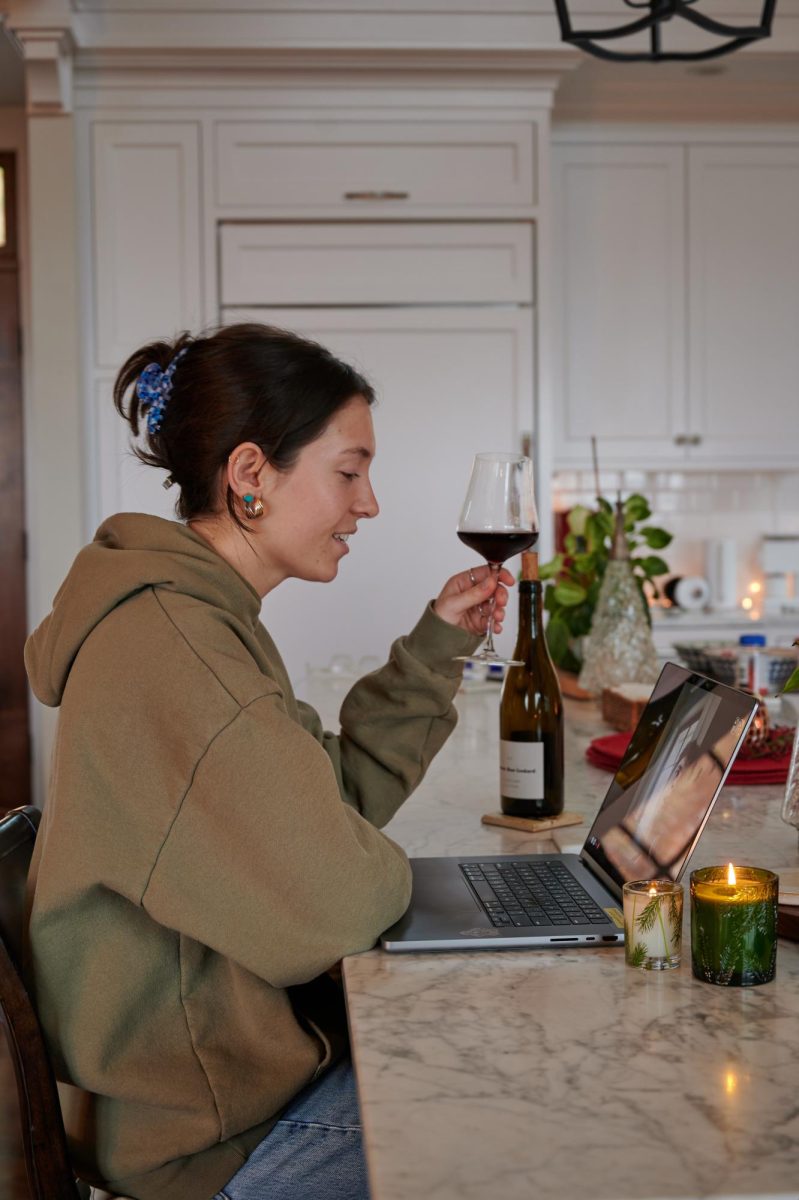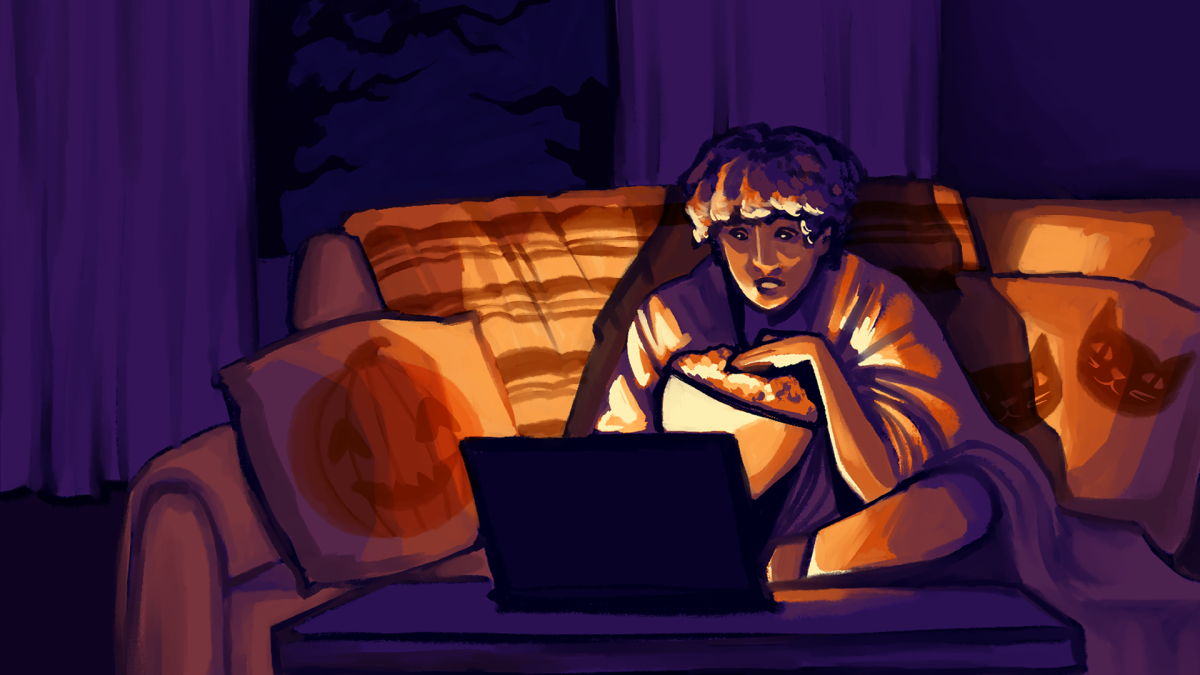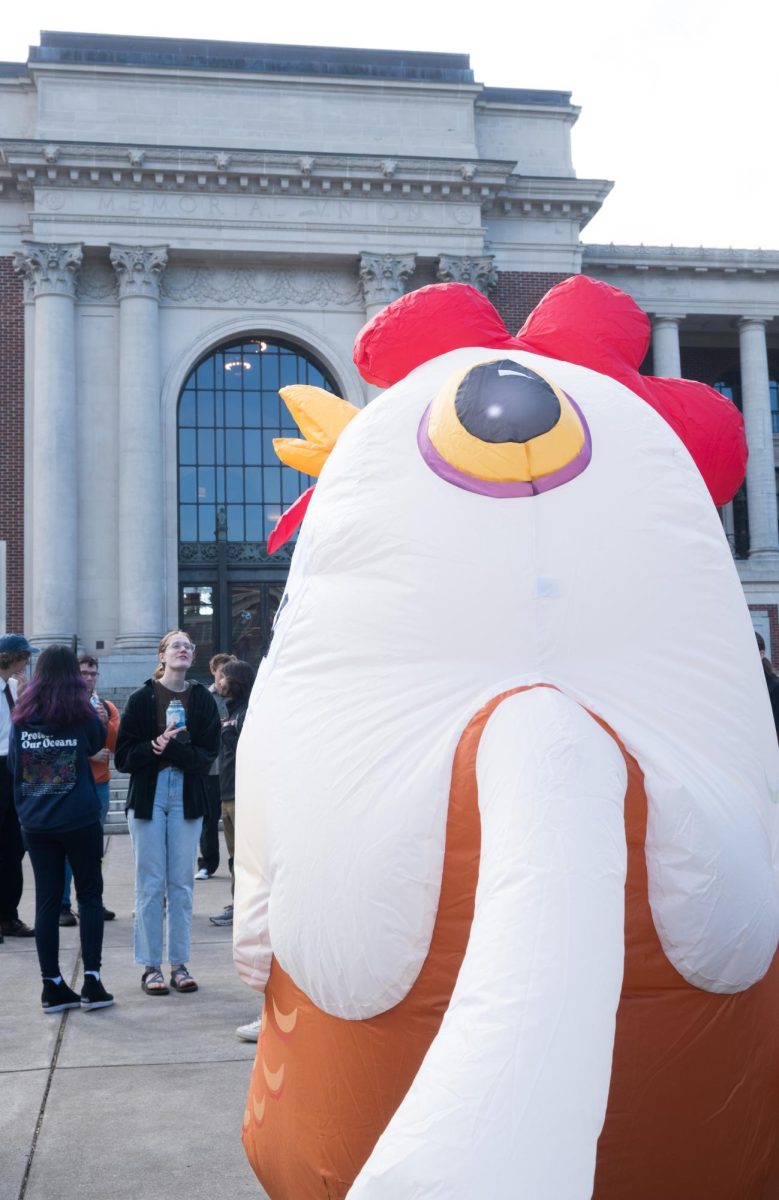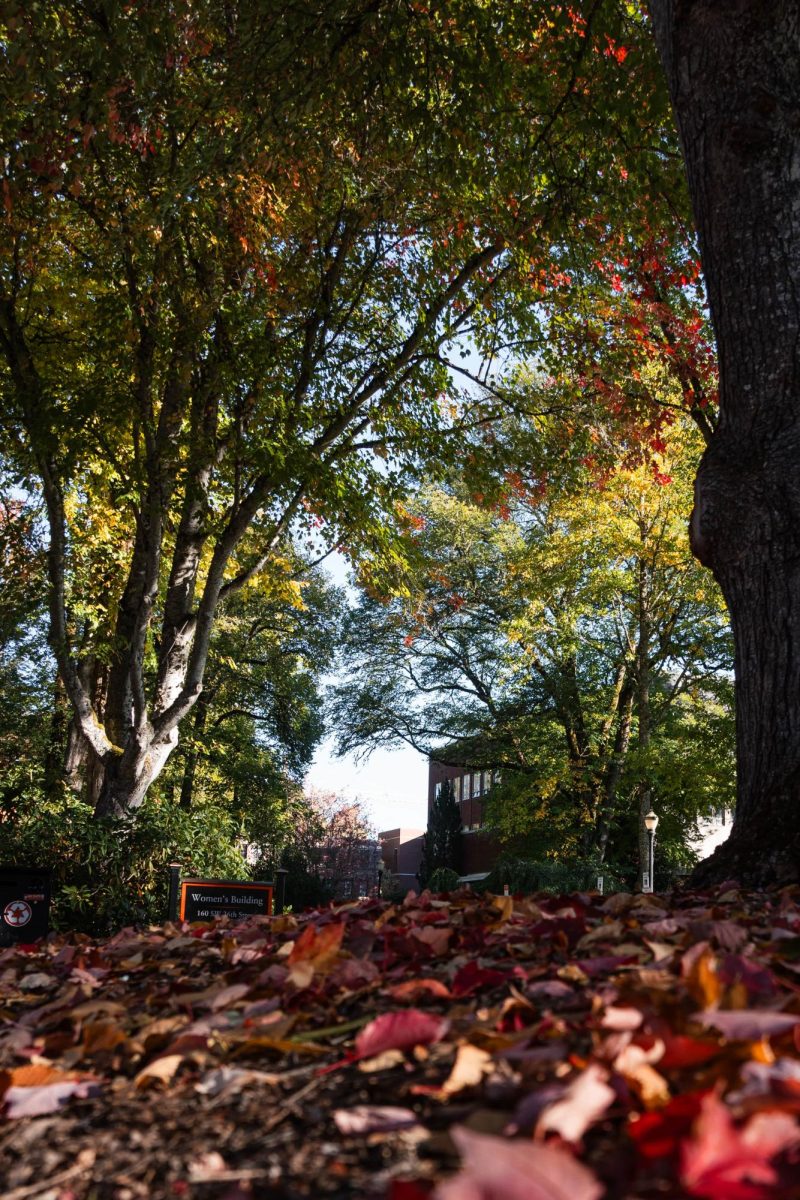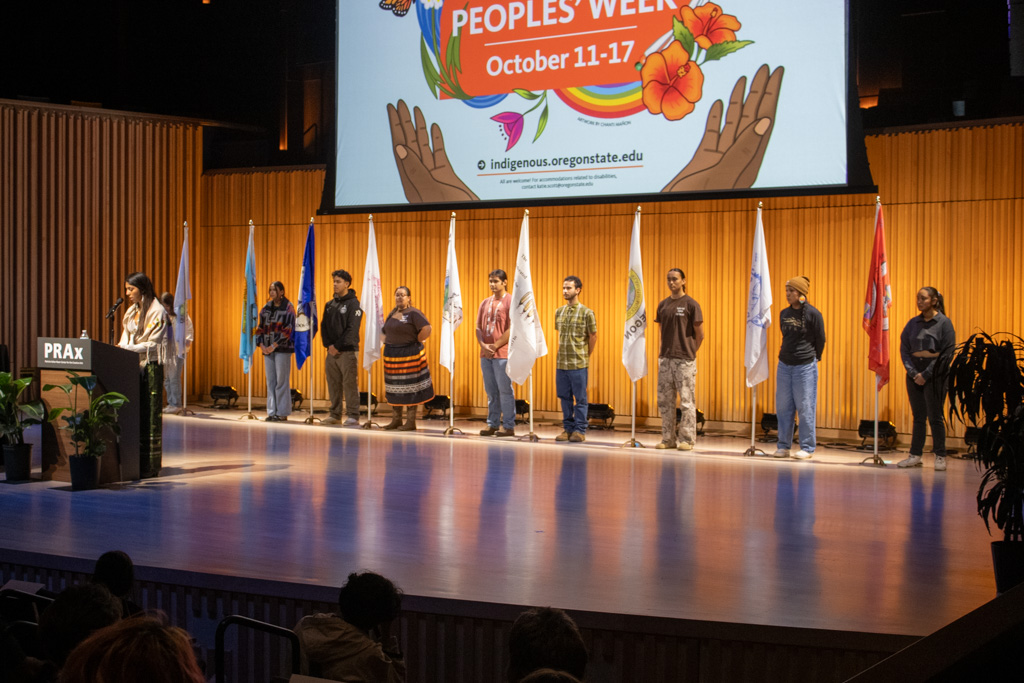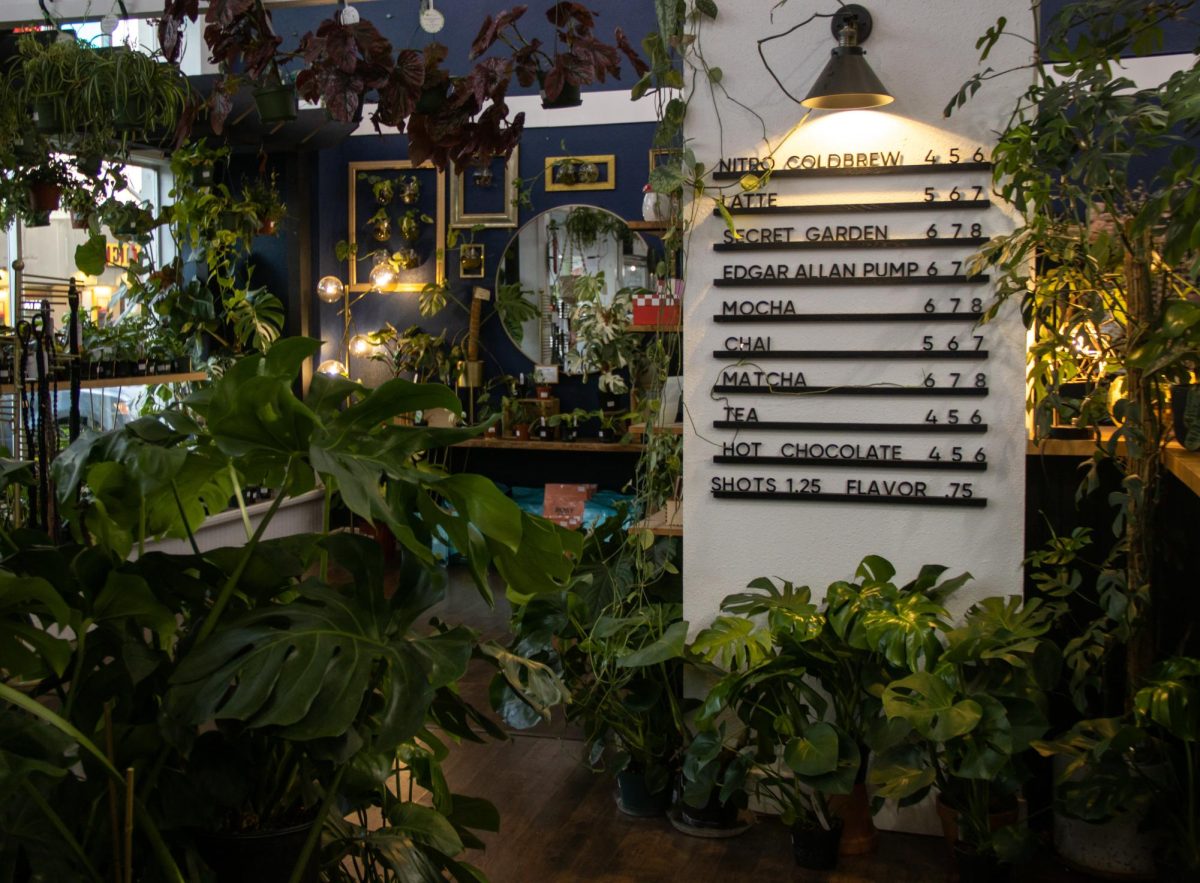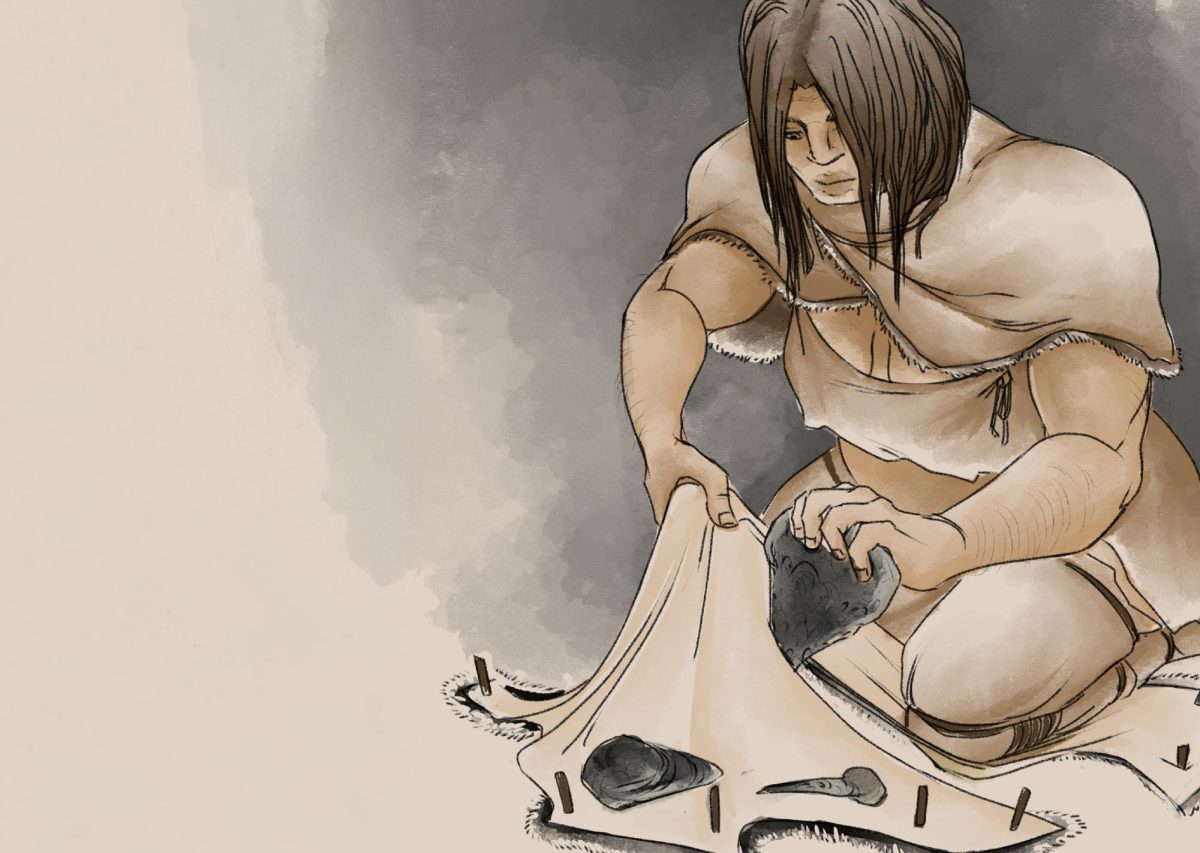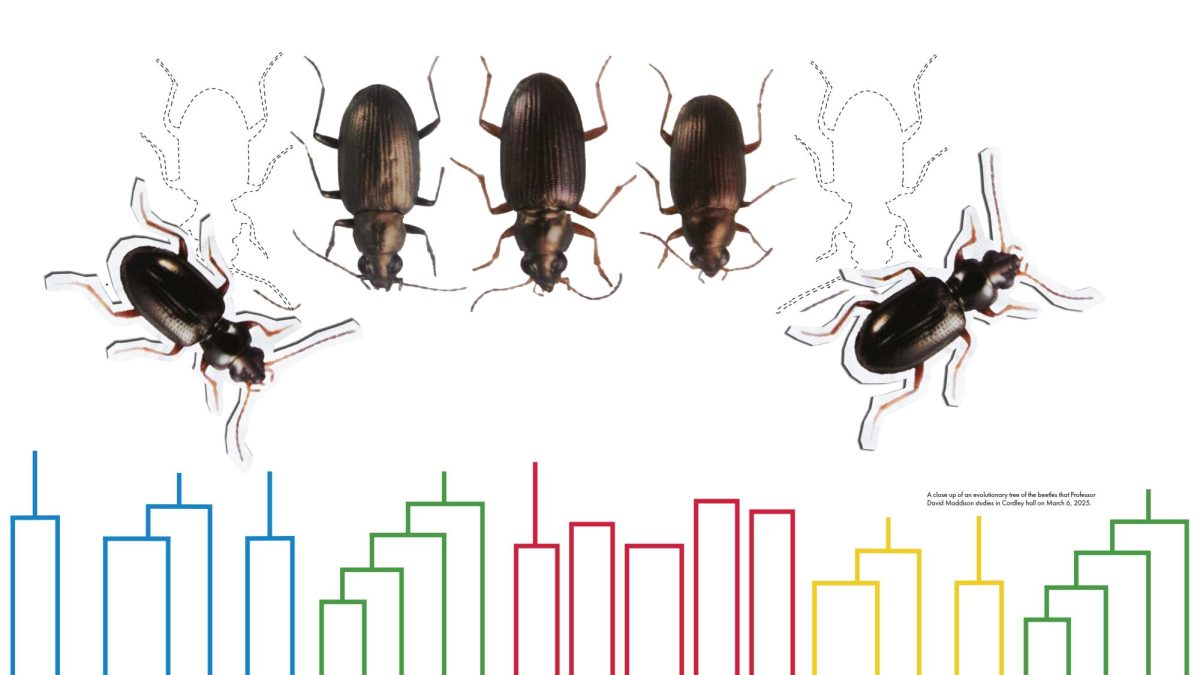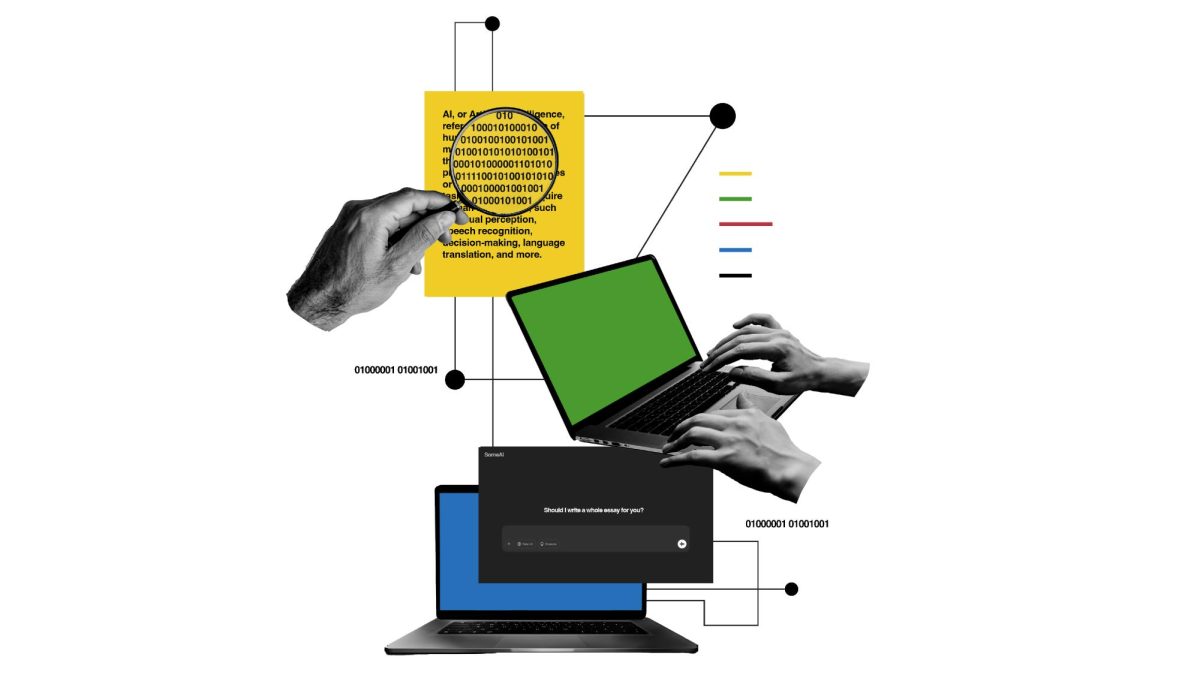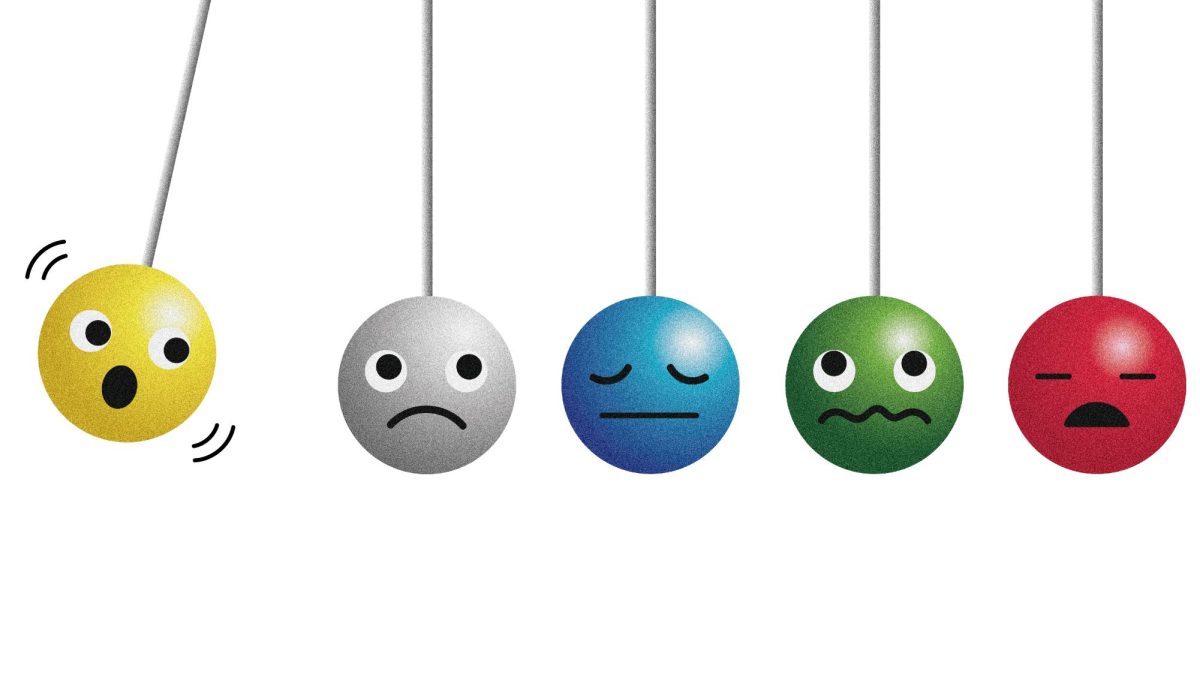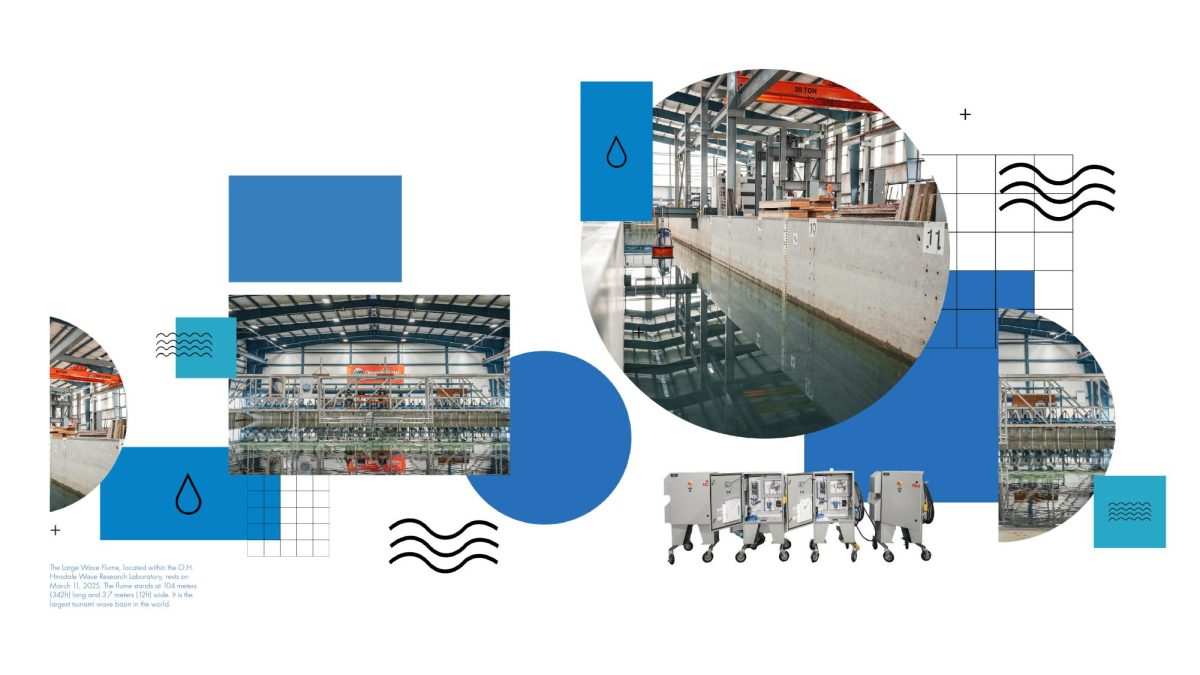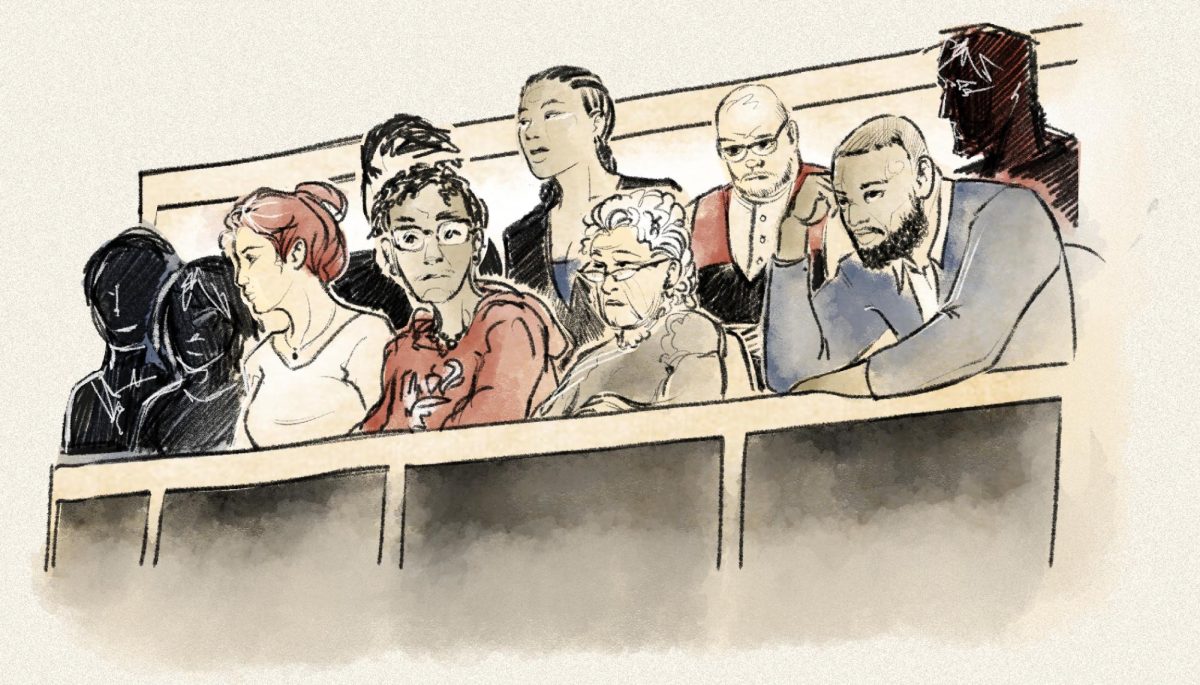The familiar noise of them hanging up fills the room.
You roll over, the clock blinks a bright 1a.m. through your dark room. You have school at 8 a.m. tomorrow.
They start work as soon as you get out of class, and you are back in class when they get off. You won’t call until tomorrow night. Just like you did today. You reach to turn your phone on, only to find an empty home screen, lacking one last goodnight text.
Long distance relationships can be difficult to balance in college, according to Oregon State University students and professors, but they can work when both sides put in effort.
Long distance can look like different things, but often means you have to change your form of communication and go long periods of time without seeing each other.
Kylene Howell, a third-year marine studies major, met her husband in high school. Through some ups and downs, they found themselves facing a long distance relationship in college.
“It’s definitely tough,” Howell said. “Last year he went on a eight and a half month deployment. Our only communication was emails for a few hours a day and then two to three calls a month for eight and a half months straight.”
She and her partner got married in February of her freshman year, whilst still keeping a long distance relationship.
“Communication is the biggest part of it,” Howell said. “Even though we didn’t have very much communication when he was on deployment, we still voiced what we both need.”
Howell said that watching her friends in college be able to see their partners is one of the hardest parts. She acknowledged that she is lucky that she is able to see him fairly often when their schedules line up, but it is still tough.
Good communication is what will keep a relationship going, said Thomas Field, the department head for counselor, adult, and higher education in the College of Education.
“Time is important. If you don’t spend enough time with another person, then there is a feeling of neglect,” Field said. “But attention is also important.”
Field said that in college, it is critical to set boundaries and have clear expectations. Communication and having those conversations is essential to meeting both partners’ needs and making the relationship work.
“My personal preference, when I’m working with couples, is to tell them that texting is fine, but it shouldn’t supplant phone calls or video calls,” Field said.
He said that texting can misconstrue meanings and cause unnecessary rifts.
Field said that dating long distance in college is one of the most difficult times to do so. Since college is such a big milestone in someone’s life, a relationship with someone long distance can often get in the way of the person truly branching out.
“I think the more that it feels like two separate worlds, the harder it is to maintain the relationship,” Field said. “Continuing to kind of share those experiences with the person…helps to establish the centrality of that relationship.”
That can be hard to manage in college, but is possible.
“There has to be a balance that’s struck between wanting to have ongoing contact, but at the same time, forging that experience, those new relationships,” Field said.
Kusai Abualrub, a third-year biochemistry major, said that the best part about dating long distance has been how connected they can stay over technology.
Abualrub started dating his partner in the spring of this year after knowing them since high school. Although the physical love language is hard to lose, they are able to talk throughout the day and still connect on an emotional level.
“It’s something to work towards with each other,” Abualrub said. “You’re building toward the moment you finally get to see each other.”
He said it is nice to let anticipation build for the next time you see your partner and to remember it is not always a permanent situation. Long distance can mean you and your partner are working toward a goal together, and that is something that you can find positives in.
Rebecca Harmonson, a third-year graphic design major at OSU, recently began dating her boyfriend of three years via long distance.
“I kind of had the mindset that if we’re not going together, I think I’m just going to break up,” Harmonson said. However, when long distance came up, the thought of breaking up was not on the table.
Harmonson said that they get through it with a lot of planned dates. Recently they have both been going to a chain restaurant in their town, FaceTiming and having a meal together. It is a good way for them to connect and feel like they are in the same place when really they are states away.
They also do movie dates, video game dates and online board games.
“The emotional connection is different than it was in person,” Harmonson said.
After struggling through the transition of losing physical cues in communication, Harmonson said that she thinks they have grown as a couple.
“I feel like since we’ve become so clear and concise when talking about our emotions, it really helps us in arguments,” Harmonson said.
Switching forms of communication can be a challenge when transitioning to long distance.
“When you’re so used to being around somebody…silence is okay. But you get used to talking a lot when you go long distance,” Harmonson said. “I also think that you miss the physical aspect of being able to hug them, that is a hard aspect.”
Harmonson started dating her boyfriend in high school and felt it was a codependent relationship. But since then, and especially since they have transitioned to long distance, they have grown a lot individually. She said she has been able to put more energy into her friendships.
“I think before you can love somebody else, you have to know what you love,” Harmonson said.

